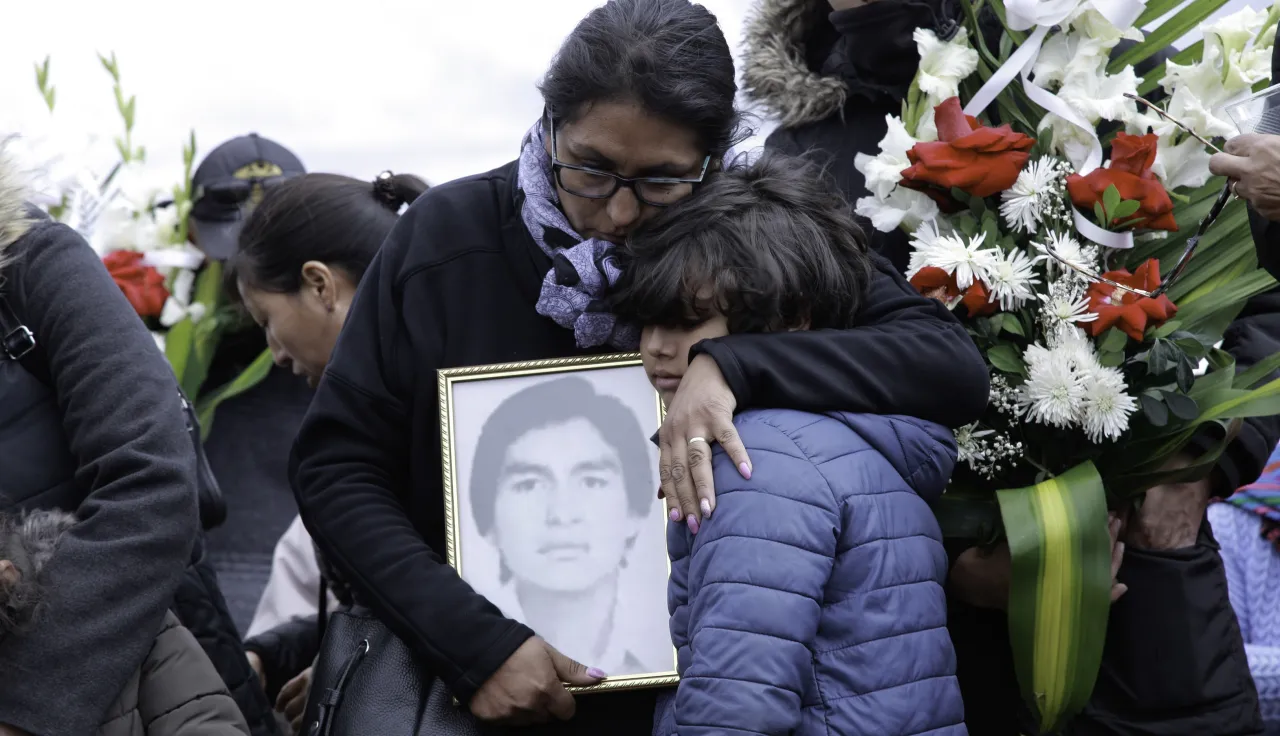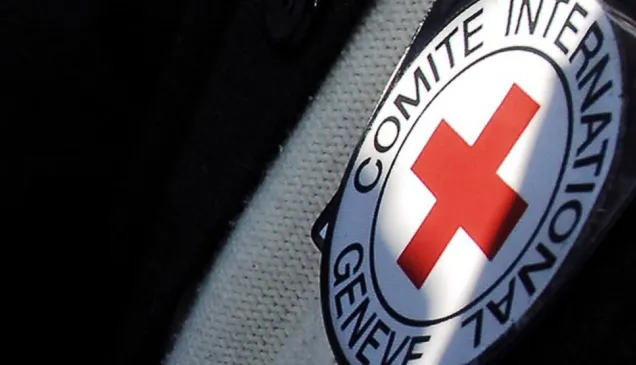International Day of the Disappeared 2021: Time does not heal, only answers do

Hundreds of thousands of people are missing worldwide due to armed conflict, violence, disasters, and in the context of migration.
Many never return and are never heard from again.
Behind every missing person, there are countless more people suffering from the anguish and uncertainty of not knowing the fate and whereabouts of their loved ones and struggling with the multiple consequences this has on their lives. Along with the terrible pain that only grows as years go by without answers, they often face numerous psycho-social, administrative, legal and economic difficulties.
In solidarity.
Out of respect.
With compassion.
For love.
Today, we mark the Day of the Disappeared.
Across the world, we stand with the families of missing relatives.— ICRC (@ICRC) August 30, 2021
COVID-19 has exacerbated the suffering
The COVID-19 pandemic has driven home how meaningful family connections are, especially in times of crisis and uncertainty. Maintaining contact in situations of separation is crucial.
Despite facing restrictions in movement and increased economic hardship, which in turn made their search efforts even more complicated, family members will not stop looking for their loved ones.
From the confinement of their homes, families of the missing have continued their search through online networks, determined to find answers.
Dia Internacional Desaparecidos short eng.mp4 from ICRC on Vimeo.
Time does not heal, only answers do
For the families of the missing people, pandemic notwithstanding, the quest for their loved ones, continues. What these families want to know most is the fate and whereabouts of their missing relatives. Until they have an answer, the wait for their loved ones will go on.
Whether in the Maghreb, the Mediterranean, or Central America, or as a result of migration, violence or conflict, those who go missing leave behind families, memories, and lives. This is an issue that deserves greater attention and response around the world.
The International Committee of the Red Cross (ICRC) works to draw global attention to the human stories behind the overlooked humanitarian tragedies of those who go missing.
The ICRC has over 150 years of experience in the collection of confidential data and search for persons who went missing during conflicts and other situations of violence. The issue of missing people remains one of the most damaging and long-lasting effects of past wars and current armed conflict around the world.
Resolving a case of a missing person is often a complex and lengthy process and families' efforts to search often continue for years and decades. Throughout this difficult time, families of the missing are in constant motion - searching, looking, wondering, remembering and missing their loved ones.
Families of missing persons face a constant emotional struggle incomparable to most other forms of grief. They suffer from a phenomenon known as 'ambiguous loss' – a form of grief that encompasses a psychological and social aspect.
The ICRC and National Societies of the Red Cross and the Red Crescent have continued their support during the pandemic to respond to the various needs of families – economic and psychosocial, among others.
Days turn into weeks.
Weeks into months.
Months into years.
For every loved one missing, there are countless people missing them.
They deserve to know. pic.twitter.com/IbWaEpHLWu— ICRC (@ICRC) August 30, 2021
We want the families of missing persons to know that their loved ones are not forgotten. They are not alone. And we will continue supporting States to do everything in their power to provide answers to the families, thereby upholding the families right to know.
Robert Mardini, Director General, ICRC
On 30 August 2021, by marking the International Day of the Disappeared, we want to stand by families of missing persons, express our solidarity, and commemorate their missing relatives together with them. We want them to know that their loved ones are not forgotten. They are not alone. And we will continue supporting States to do everything in their power to provide answers to the families of missing persons.
This tragedy can be prevented. Every effort needs to be made to prevent even one person from going missing.



